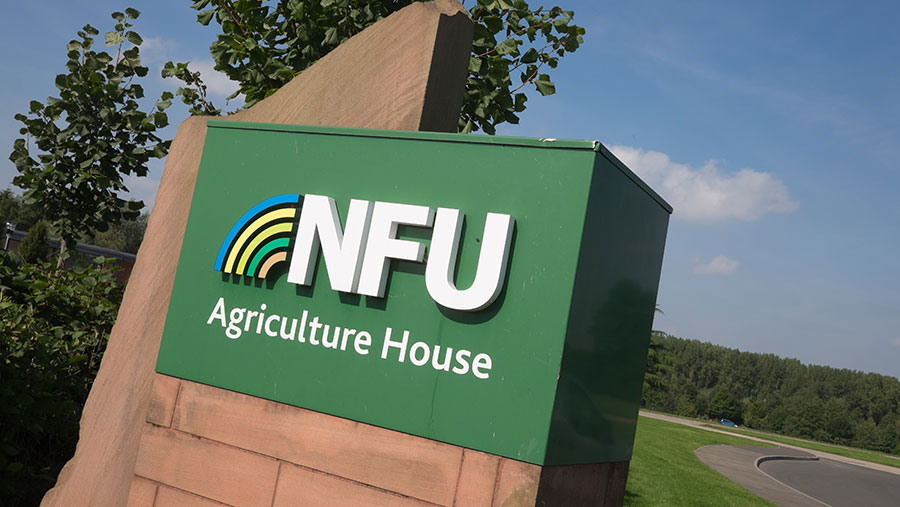[ad_1]
The Financial institution of England has issued a stark warning to British those that the financial system is liable to slipping right into a recession because it raised rates of interest to 1%.
The central financial institution’s hike – by 1 / 4 of a share level – means the bottom fee is at a stage final seen in 2009. The transfer is designed to curb the hovering price of products and companies – referred to as inflation – which might go above above 10%, which might be a 40-year excessive.
Whereas successfully placing the brakes on spells unhealthy information for folks borrowing cash, with mortgage holders more likely to really feel the fast influence, it was largely predicted – and may very well be adopted by extra will increase.
The most important shock got here within the warning of a recession – a phrase that sends alarm bells ringing for a lot of – because the Ukraine conflict compounds a crippling cost-of-living disaster.
What’s a recession?
A technical recession is outlined by two successive quarters of falling financial output – measured by gross home product (GDP), which makes an attempt to summarise all of the exercise of corporations, governments and people in an financial system in a single determine.
Some folks argue the time period “recession” is an unreliable indicator as a result of folks may very well be struggling all the consequences of an financial downturn, reminiscent of long-term unemployment, however the information won’t be formally say as a lot.

PA Graphics by way of PA Graphics/Press Affiliation Photographs
As an illustration, a “double-dip recession” is when a recession is adopted by a short-lived restoration and one other recession, however folks’s lives don’t really feel a lot totally different all through that interval.
Recessions finally have an effect on dwelling requirements, however the full impact largely is determined by the size of unemployment and the way lengthy it takes for companies and the roles market to get well.
What’s the outlook?
On Thursday, the Financial institution predicted that progress will contract within the ultimate three months of 2022 as the fee squeeze sees households rein of their spending.
The UK is about to narrowly miss a technical recession, however the Financial institution forecast “very weak” quarterly progress in 2023 and a contraction as a complete subsequent yr. They predict GDP will fall by 0.25% and unemployment will choose up sharply.
“It’s a very weak projection, a really sharp slowdown,” Financial institution governor Andrew Bailey informed reporters.
“There’s a technical definition of a recession it doesn’t meet – however put that to 1 aspect – it’s a very sharp slowdown in exercise.”
When was the final recession?
In 2020, the Workplace for Nationwide Statistics formally declared the UK in recession – the steepest on report – after the financial system plunged by 19.6% between April and June as a result of coronavirus lockdown.
It adopted a 2.2% contraction within the earlier three months – marking the primary time because the 2008 international monetary disaster, when the UK fell right into a year-long recession.
However this was adopted by progress of 17.4% within the third quarter of 2020 – underlining how the financial system was lurching from one excessive to a different through the early levels of the pandemic.
What’s fuelling a possible recession?
The world is being buffeted by a singular set of circumstances.
Inflation is surging on account of the easing of the pandemic. It means the prices of products and companies have turn out to be costlier due to a variety of elements – such because the shortage of employees unwilling to do jobs they beforehand had, and pent-up demand from shoppers.
Economists believed this was a giant drawback as the price of life’s bills was rising sooner than folks’s wages, however that might solely be short-term. Then Russia invaded Ukraine, which despatched power costs spiraling given the world’s reliance and oil and fuel from the area.
The Financial institution has mentioned it was additionally apprehensive concerning the influence of renewed Covid-19 lockdowns in China which threaten to hit provide chains once more and add to inflation pressures.
What’s ‘stagflation’?
Economists suppose the Financial institution is strolling a tightrope to keep away from an financial “good storm” known as stagflation – a contradictory scenario the place prices are rising however fewer persons are in work. The worst of all worlds.
Elevating rates of interest would possibly assist to fight inflation, however that would imply the financial system stalls. Utilizing rates of interest may very well be a very blunt instrument when the inflationary pressures are coming from abroad with greater power prices.
The danger is that this: extra nudges by the use of additional rate of interest hikes may very well be the catalyst for a full-blown recession.
[ad_2]
Source link















